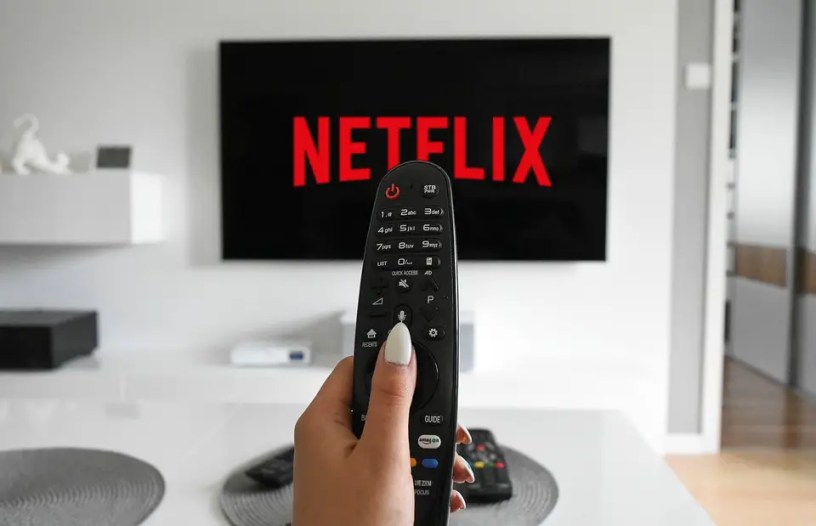
By Phillip Swann
The TV Answer Man – @tvanswerman
TV Answer Man, I read a story that said Netflix’s new password sharing policy has led to more people subscribing. How is that possible? I just read recently that people are actually cancelling their subscriptions. Can you explain? — Terry, Akron, Ohio.
Terry, I can understand your confusion. Let me explain.
On May 23, Netflix said that U.S. subscribers who share passwords will have to pay an extra $7.99 per month for any person who uses their account outside their household. The company said it would begin blocking access to non-household members if the $7.99 a month is not paid.
The initial announcement triggered an outpouring of protests from subscribers who expressed their frustration on social media with many saying they would cancel their memberships. A week later, a Samba TV survey/study seemed to confirm that. The research firm said its survey from late March showed that 37 percent of current subscribers would cancel due to the password crackdown.
Samba TV added that 64 percent of subscribers who now use someone else’s password might get their own subscription.
Although Netflix would be pleased if 64 percent of the password sharing group signed up, the loss of 37 percent of its current subscriber total would be devastating. The Street appropriately headlined its story on the Samba study: “Here’s Why Netflix’s Password Crackdown Is Backfiring.” Other publications ran similar stories and headlines with some emphasizing Samba’s conclusion that younger people are more likely to cancel.
But hold on.
Antenna, another research company, released a study last week that said Netflix is actually gaining subscribers due to the new password policy. The company said its data found that the rate of sign-ups compared to cancellations rose 25.6 percent during the week after the new password rule. The 25.6 percent increase was in comparison to Antenna’s previous 60-day totals for Netflix.
The Antenna release triggered a much larger number of stories with headlines such as Forbes’ “Uh, Oh. Netflix’s Password Sharing Crackdown Is Actually Working” and Fast Company’s “Netflix Password Sharing Crackdown Helps Boost Subscribers: Report.”
Even The Street, which earlier said the crackdown is backfiring, was impressed: “Despite the social media backlash, it seems Netflix’s NFLX plan to boost revenue by cracking down on subscription sharing is working,” the web site wrote in its story on Antenna, which compiles its data from purchase receipts, credit card and banking information and other sources. You can learn more about Antenna’s study here.
So what’s the truth here? Is Netflix actually gaining subscribers or not?
Answer: We don’t know.
While both research firms are dutifully reporting their findings, the gap between Antenna’s numbers and Samba TV’s survey numbers is a reminder that research is not all science, despite what research company officials would like you to believe. The data can be faulty based on a number of factors including small sample sizes, poor phrasing of survey questions, and sometimes, marketing and political agendas. Just because a research company says it’s true doesn’t mean that it is.
Unfortunately, many publications seem to believe otherwise and often report their findings as if they were validated by a company’s actual hard data. And sometimes, as in the case of Netflix’s password sharing policy, some publications will report widely conflicting conclusions based on different studies/surveys, creating reader confusion.
This article is not meant as a criticism of either Antenna or Samba TV. I have no doubt that both companies are dedicated to their work, and, in the case of Antenna, many journalists and industry officials have told me they respect their reports. But the research numbers are not based on the real data from Netflix. They are a snapshot of other sources which may or may not be reflective of Netflix’s actual totals.
When Netflix releases its second quarter report this summer, we’ll know if the password crackdown is working or not. Until then, it’s just speculation.
Terry, hope that helps. Happy viewing and stay safe!
Have a question about new TV technologies? Send it to The TV Answer Man at swann@tvanswerman.com Please include your first name and hometown in your message.
— Phillip Swann
@tvanswerman


